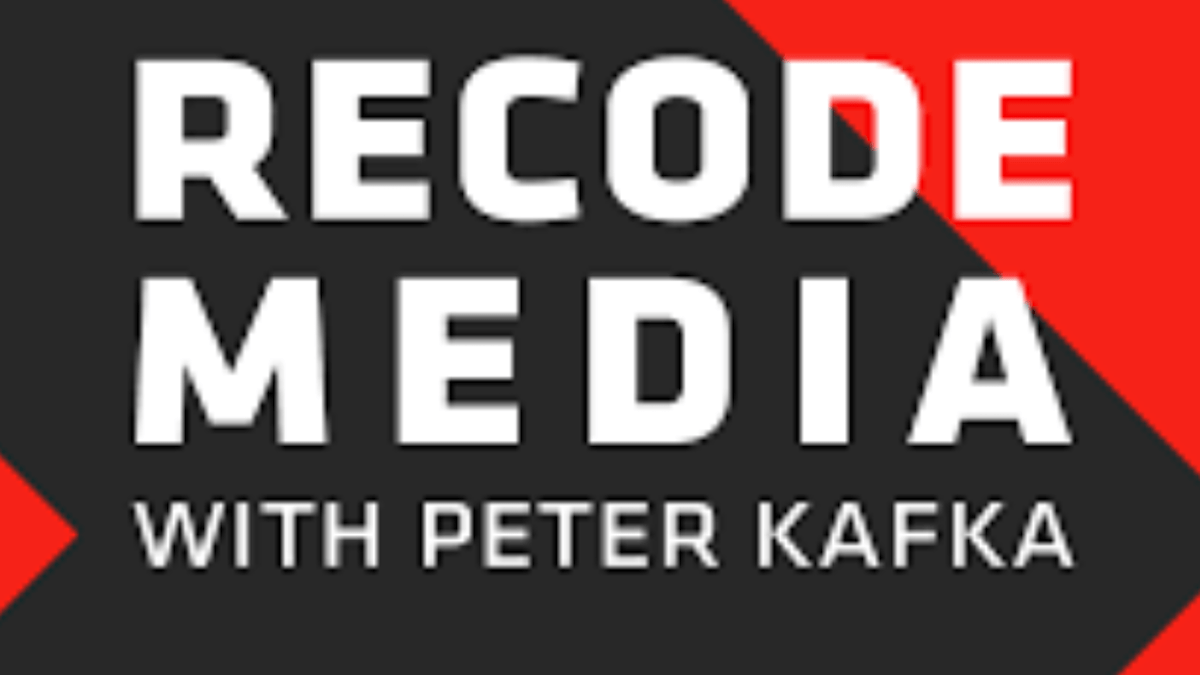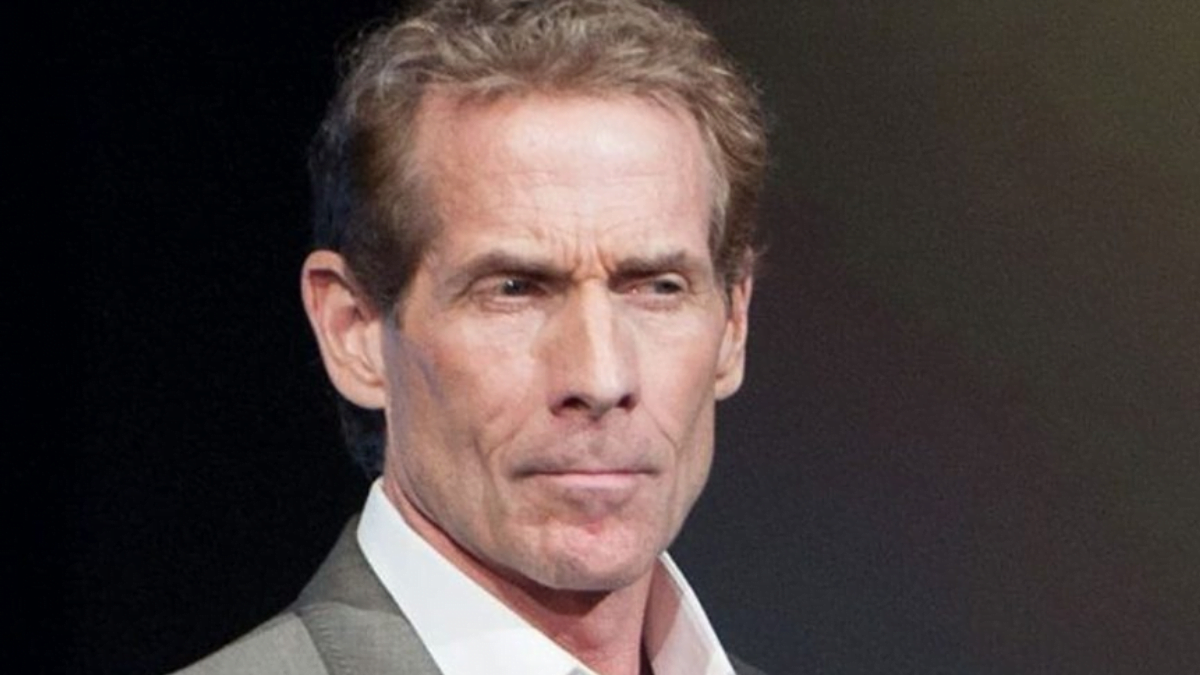With sports betting becoming legal in more states such as New York, it has the potential to affect how people view sporting events. However, that may not exactly be the case.
Peter Kafka addresses the sports betting rise on his Recode Media podcast with the latest edition titled “Game on: Behind the sports betting boom.” His guests on the show were Action Network CEO Patrick Keane and Sports Illustrated writer Richard Johnson.
While sports gambling ads for Caesars SportsBook, DraftKings, and FanDuel keep popping up during games, it might be only something that happens in bulk when states start to allow legalized sports betting. As Keane notes, the NFL can only show so many ads in a game:
“I wouldn’t say it’s going to be for the rest of your life,” he said. “What you see is massive infusion of investment when a state goes mobile legal. When the state is mobile, that’s when you start to see the Caesars SportsBook, DraftKings, FanDuel that you see a lot on television. The NFL has a mandate that you can only show six of those ads during a game.”
Johnson agreed with that sentiment and thinks it is largely because, as of right now, broadcasters are going to be nervous about eliminating the casual viewer:
“I think what you are seeing and where you always are going to see it more than during the regular game telecast is going to be on the commercials,” said Johnson. “You can’t watch a sporting event without a commercial break being PointsBet, MGM, Caesars SportsBook, whatever it is. Those commercials are going to be more and more insipid.
“I think broadcasters are terrified of alienating the casual viewer. They have always been terrified of alienating the casual viewer, whether it is putting a score bug on the screen because they thought the viewer would turn off because they know the score. When John Madden was first calling games, they wouldn’t let him do actual football scheme stuff when he first started out because they said, well, that’s going to be too high level for the viewer.”
In fact, Johnson believe that sports gambling has become more mainstream thanks to Scott Van Pelt and his “Bad Beats“ segment on SportsCenter:
“He [Van Pelt] has really helped to make it mainstream in the sports watching and sports viewing and sports television vernacular,” Johnson said. “Increasingly, it’s becoming part of the common speak of the sports journalist and the sports fan if you are into it and if you can talk the talk.”
For Johnson, being able to write about gambling has allowed him to have another tool in his arsenal when he writes about college football because he is able to relate to more people:
“As someone who does a little bit of gambling writing but as someone who does a lot of college football writing in general,” he said, “gambling is really a thing to put in my tool kit that becomes very interesting.
“There are two ways you can go about writing about gambling. You can sort of write about the social aspect of people’s bad picks or funny picks or crazy parlays or… you can have your own numbers or own systems. I sort of dabble in both, but what it really helps me to do is sort of speak the language, especially in college football as a big sport. It helps me speak the language of using spreads and gambling projections to give predictions and set the table of what a game is going to be.”
As far as the future of alternate broadcasts or betcasts, both Keane and Johnson believe that more will pop up as more states are able to have legal sports betting:
“I think it’s not as prevalent today clearly because we are not in as many states,” said Keane. “But I think that’s going to be an experience where people are going to find it inauthentic if it is not referenced when you are at the end of a game. Is it critical mass? No, but I think you are going to see these alternative betcasts continue and start to bleed more into the traditional broadcast experience.”
This podcast is a good one for someone wanting to learn more about sports betting if you are just getting into it, as well as what the future holds for this industry.







